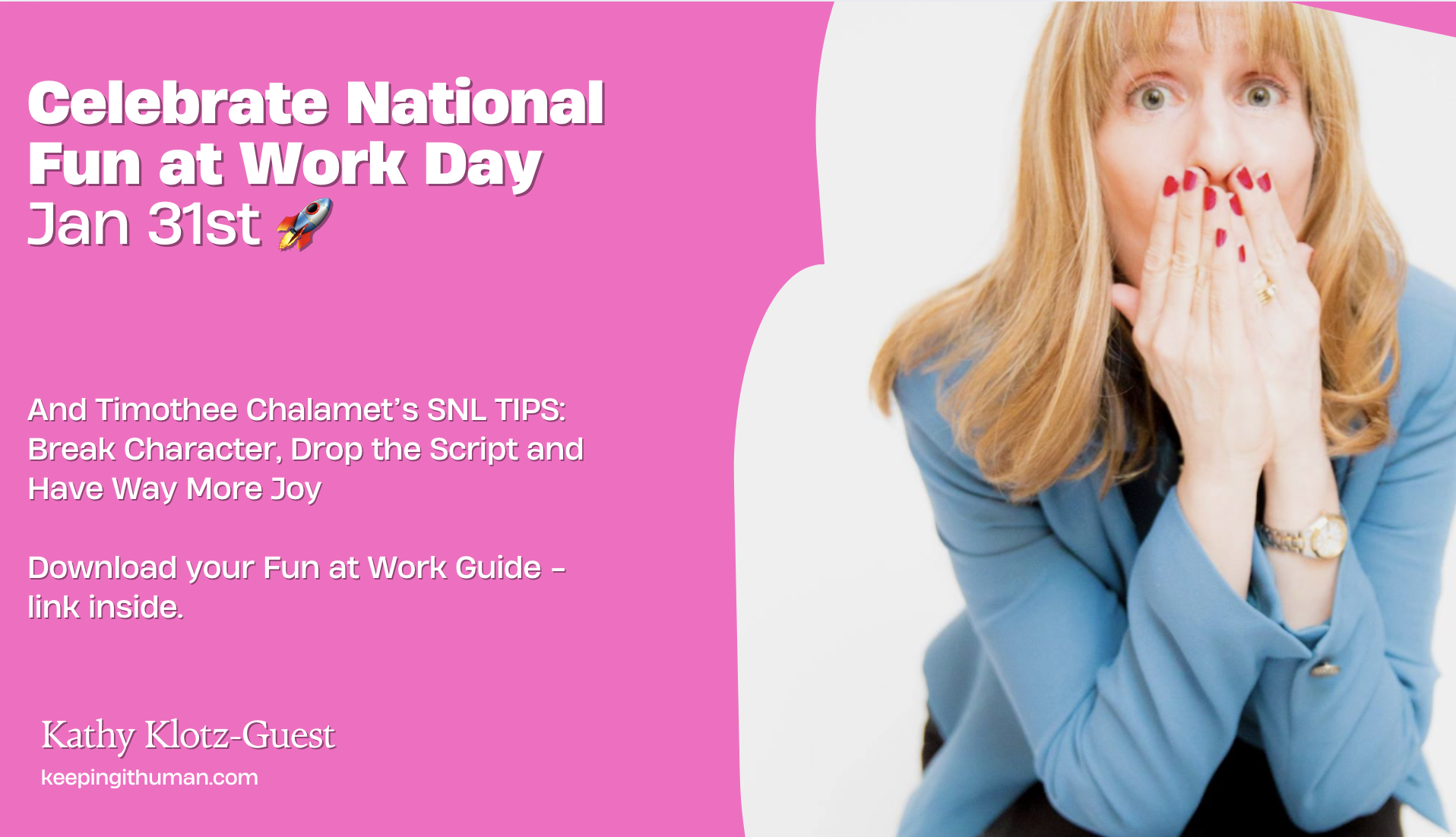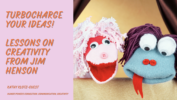KKG: You and I both agree culture eats strategy for breakfast. AMEN! What’s the “breakfast of champions” that culture must have to thrive? Put another way, if there were two elements that created culture “oxygen,” what would they be?
They would be Questions and Curiosity. Most problems left unsolved in today’s organization are not broken because people are stupid; they are broken because not everyone has the same picture of the world. If we can ask together, “what is the problem?” then all of a sudden, we all know. It’s not about already knowing, as some leaders would like to believe, because that makes a few people “the chief of answers”. Instead, it’s about figuring out what do we all know so then we can avoid having one group “know” and another “do”.
Curiosity is the other thing. People sometimes don’t ask a hard question because they are afraid of looking stupid. I think back to the Corporate Board meeting I just experienced last week for a NASDAQ-traded company and I’m sure that I asked more than one stupid question. But sometimes that’s what is necessary to learn, to probe, to discover and to problem solve. Looking stupid is the least of my problems if I am to be helpful to that organization and also to the stakeholders of the firm. By not knowing, by being curious, we get to figure out what we don’t know and we don’t spend our time judging ourselves or others for what we don’t know…and that lets us put our energy where it belongs — in creating value.
KKG: I know from my work that fun matters in culture – because it is a celebration of people. People matter. We know that innovative cultures are often cultures where people do feel valued and do have fun. Conversely, when people don’t have fun and don’t feel valued, they won’t try as hard to innovate. Fun is such a key part of being human and’ humanness’ matters. How do you see “being human” play out in the work you do?
NM: As my husband and friends will attest, I’m not a good person to talk to about fun. I tend to work a lot and think a lot. But I think what you’re getting to about being human is important. We sometimes imagine that work should be about being correct and right and perfect. But of course tough problems are tough problems because they are not easily solved and unclear. So then what matters is our attitude in facing this tough stuff. Are we rigid and afraid, or are we facing it with a sense of humanness. This shift could be called “feckless to fearless.” Feckless is when a company doesn’t know its mission, is weak in its decision-making, and thus ineffective in its output. Fearless is seen in bold moves, created by people who trust one another, and backed up by accountability. This shift is the difference between freaking out at the possibility of an imperfect bold bet and making the worst of all choices: zero bold bets. In actually bringing in new talent and letting them lead you to new edges, instead of just saying it’s time for a new approach. It’s deciding to stop talking about the competitive threat, and instead asking what it will take to leapfrog those competitors. It is worrying less about getting it right, and more about getting started — now.
KKG: As organizations grow large, it’s often challenging to keep a culture of nimble innovation that often defines start-ups. What kinds of things must an organization do to protect its culture from deterioration and dilution as it grows? What does “culture stewardship” involve?
NM: Cultural Stewardship beyond what we’ve already talked about above — being curious, allowing people to be human beings, embracing fear as part of the process etc — is about making the hard choices. It’s about saying we won’t do this or that, but we will choose to do “X” because it is most aligned to our WHY. We are willing to kill off options — murderboard ™, rather than just whiteboard — to let our best choice have a chance to thrive. We won’t peanut butter spread the resources so thin as to be unfulfilling. We’ll pack a punch. Those choices can be really tough to make, because it means taking a stand and eliminating options. And most people are wary of losing choices. When, in reality, having too many choices is actually quite stifling.
KKG: Thank you, Nilofer.
Follow Nilofer on Twitter: @Nilofer. Follow Kathy: @Kathyklotzguest


